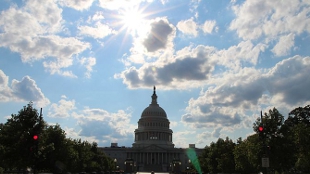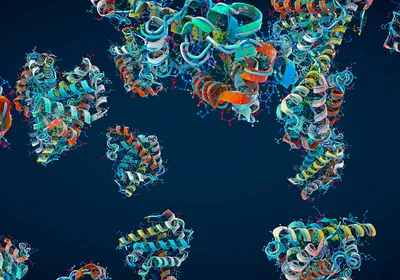 WIKIMEDIA, RCHUON24The intersection of science and technology in our everyday life continues to grow. There is seldom an issue in modern life that does not include some aspect of science, technology, engineering, and mathematics (STEM). These merging entities very often meet, in a practical sense, at the policy level when decisions are made regarding when, where, and how science will affect our society (e.g. genetically-modified foods, climate change, etc.).
WIKIMEDIA, RCHUON24The intersection of science and technology in our everyday life continues to grow. There is seldom an issue in modern life that does not include some aspect of science, technology, engineering, and mathematics (STEM). These merging entities very often meet, in a practical sense, at the policy level when decisions are made regarding when, where, and how science will affect our society (e.g. genetically-modified foods, climate change, etc.).
Unfortunately, we have witnessed the marginalization of scientific communities in this political dialogue. In contrast to many other governments, trained scientists are underrepresented in the United States Congress; only two US Representatives—Rush Holt (D-NJ) and Bill Foster (D-IL)—hold PhDs in STEM fields. Congressional Science and Technology committees are replete with climate change skeptics. Not surprisingly, federal funding for life science research seems perpetually on the brink of budget cuts or stagnation. It stands to reason that the addition of trained scientists in public office or in more prominent advisory roles would benefit our nation as a leader in STEM fields.
The call for increased involvement is not new, and many researchers continue to advocate for greater involvement of the scientific community in policy decisions. But ...


















